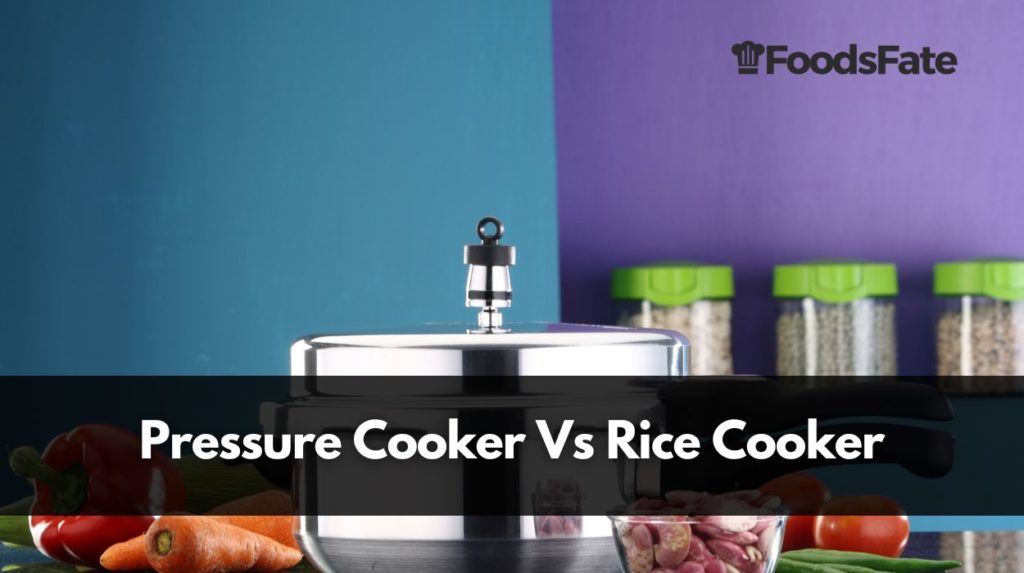
Are you trying to decide whether rice cookers or pressure cookers are better? For many potential customers, it is frequently confusing! Although both cookers are fantastic, useful kitchen appliances, if you had to pick one because of limited space or a tight budget, we can help!
While both cookers do a good job in cooking the food, pressure cookers take the cooking up by a notch by adding pressure to the mix.
This article will compare the two cookers based on several factors and evaluate their advantages and disadvantages. By the end of this informative post, I do not doubt that you will know which one is best for you.
Rice Cookers: An Overview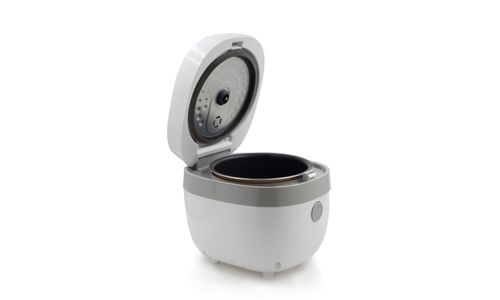
Electric appliances called rice cookers can be used to prepare various rice-based foods. A sophisticated thermal control panel on the cooker helps keep track of the temperature inside the pot.
It also features handles and control settings that enable the user to determine the temperature and cooking time. The device solely works on generating steam that helps to cook rice appropriately.
How Does a Rice Cooker Work?
Although pressure and rice cookers look similar, they operate on completely distinct principles. When the cooker is turned on, a heating element produces heat. The inner pot then absorbs the heat that was generated and gets warm. Special care is taken to ensure that the inner pot comprises good heat conducting materials.
Rice and water are added to the inner pot before being placed in the cooker, which heats the water. Water begins to evaporate as it reaches a temperature of 100 degrees Celsius. The rice is subsequently cooked as a result of the interaction with the steam.
The thermostat inside the cooker helps to maintain the temperature at the boiling point of water, i.e., 100 degrees Celsius. Why? There is a chance that the rice will burn and get soggy if the temperature rises above the boiling point of the water.
Pros and Cons of a Rice Cooker
If you are considering investing in a Rice Cooker is important to understand the pros and cons of purchasing one. I strongly believe that if an electrical device is not used enough, there is no point in letting it occupy space in our already constrained kitchen.
Advantages of a Rice Cooker
Let’s look closely at the various benefits of a Rice Cooker.
Fully Automated
In this era, where cooking is a chore, one prefers to invest in automated devices. The user needs to add rice and water in a 1:2 ratio and load in the settings.
No more fussing around and constant checking and spiking the rice; this cooker gets rice cooked perfectly on its own.
Shuts Off When the Cooking Cycle Is Complete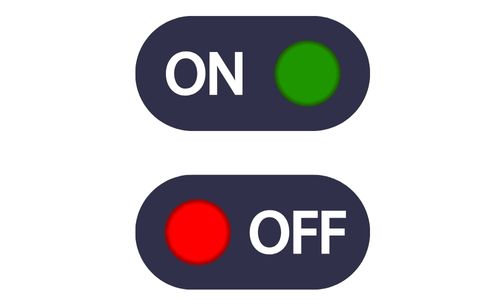
How often have you forgotten about the rice cooking on the stove? The result is overcooked or burnt rice. I am guilty of that on more than one occasion.
This cooker has a thermal sensor that measures and keeps track of the internal temperature. The appliance automatically shuts off to prevent burning if the rice is cooked and the temperature starts to rise. Hence with this cooker, you get perfect rice every time.
Keeps the Rice Warm
Nobody enjoys eating cold rice, and reheating it can be tedious after it is cooked. These cookers include built-in features that would let you keep the rice warm while you prepare the other components for the meal.
Can Also Prepare Other Dishes
Many people think that rice cookers can only be used to cook rice. But it can also be utilized for other preparations. Anything that requires a temperature of 100 degrees Celsius can be cooked in these cookers.
For example, you can use these cookers to boil and steam vegetables for salads. It can also be used as a steamer to cook eggs, boil chicken and prepare dumplings.
Easy To Use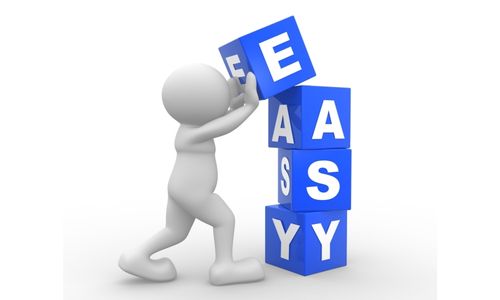
These cookers come with limited settings and variations, making them very easy to use. As soon as you load the cooker with water and rice, all you have to do is sit back and relax! If the ingredients are added in the correct proportions, the result will always be consistent.
Disadvantages of a Rice Cooker
Let us look at the drawbacks of Rice Cookers.
Not As Versatile as Most Cooking Appliances
Only foods that require a temperature of 100 degrees can be cooked in rice cookers. As a result, it can be used to steam and boil soup and vegetables but not to cook meat or beef because those foods require intense heat.
Many consumers who seek a multi-purpose gadget may find it off-putting because it restricts the types of food made in these cookers.
The Rice Can Still Burn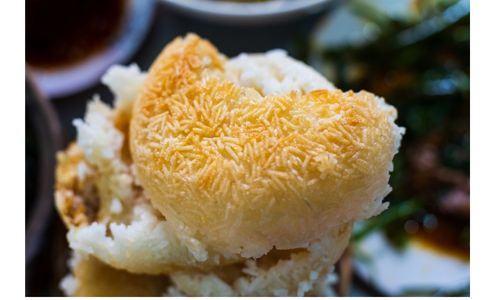
The rice can burn if the proportion of water to rice is slightly off. Less water in the cooker increases the likelihood that the rice will stick to the bottom of the pot.
Non-Stick Interior Limits the Usage of Utensils
The inner pot is coated with a non-stick substance that is a good heat conductor to guarantee that the rice cooks properly. Utilizing specialized silicon spoons is advised to prevent damage to the pot.
The pot’s surface may get scratched if you use a regular metal spoon, thus, increasing the incidence of rice burning.
Some Entry-Level Rice Cookers Come With Limited Features
Some rice cookers may be unable to determine when the rice is finished cooking because of their limited functionality. In these situations, it is crucial to monitor the cooker to ensure the rice doesn’t burn or dry out. Considering that the process is not hands-free, purchasing such a cooker would not be a smart move.
Pressure Cookers: An Overview
Pressure cookers are convenient kitchen appliances that prepare food quickly by combining steam with pressure. The cooker comes with a rubber or elastic coated lid to seal tight on the vessel and prevent loss of heat and steam.
These cookers are multi-purpose devices that help cook various meals in the shortest span possible.
How Does a Pressure Cooker Work?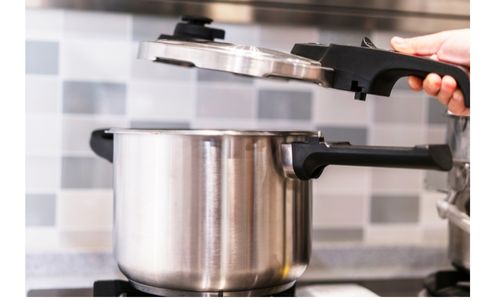
The foundation of a pressure cooker is the idea that pressure causes the boiling point of water to rise.
The heat supply changes liquid to vapor quickly; however, since the steam has no place to escape, it gets trapped inside. This captured steam increases the pressure inside the vessel.
The elevation in pressure causes the boiling point of water to jump from 100°C to 120°C. Hence, food gets cooked faster when compared to a vessel that has no pressure.
Pros and Cons of a Pressure Cooker
Let’s examine the benefits and drawbacks of pressure cookers to better understand how they operate and are utilized.
Advantages of a Pressure Cooker
Below are some excellent reasons to choose a pressure cooker as your handy kitchen aid.
Prepares Meals Faster Than Most Methods
Cooking is very easy if you are using a pressure cooker! Even the toughest meats, legumes, and vegetables can get tender in less than 30 minutes in a pressure cooker!
Since the pressure inside the vessel is high, the temperature and steam work to cook the meal uniformly from all sides.
Helps Retain Nutritional Value and Flavor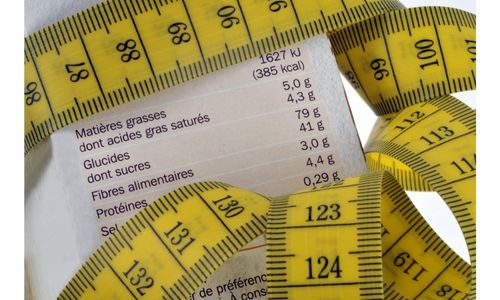
The entire cooking process in the pressure cooker takes place in a closed environment. Hence, the flavor and moisture are retained within the food. Cooking in an open space causes flavors to vaporize and change how the food will ultimately taste.
Safe than Most Cooking Methods
Pressure cookers are sealed with air-tight containers. Hence, when compared to open saucepans and pots that can splash the liquid or overflow the content, a pressure cooker is safer!
Helps Conserve Energy
Pressure cookers speed up the cooking process by increasing the boiling point of water. The faster the food is cooked, the more energy is conserved. Furthermore, it also helps to save time and makes cooking fun!
Ideal for Almost All Recipes
In a pressure cooker, you can cook anything from chicken to pork, beans to spinach, rice to noodles, and cakes to custards. It is one appliance you must have in your kitchen because of its versatility.
Disadvantages of a Pressure Cooker
Let us look at the drawbacks of Pressure Cookers
Pressure Cookers Are Fairly Complex
Pressure cookers require knowledge and discretion. Choosing how much water to add while cooking may be challenging for beginners. Furthermore, it could be challenging to predict when the meal will be ready due to the high pressure inside these vessels. It can sometimes result in overcooking and burning the food.
Users Can’t Check the food.
The entire point of pressure cooking traps the steam and pressure inside the vessel. If you open the lid, the generated steam will release, so the pressure drops.
Turning off the pressure cooker would be frustrating, only to find that the meal needs another 15 minutes. Now you have to start the entire process again.
You Can’t Leave Pressure Cookers Unattended
Unlike crock pots and rice cookers, a pressure cooker cannot be left unsupervised. Sometimes, the steam gets vented out, and the pressure does not rise, resulting in water loss. As a result, it could burn the food and make a nasty mess difficult to clean up.
Altitude Differences Affect Meal Preparation Times
At high altitudes, the pressure is relatively low; hence water boils faster (Below 100 degrees Celsius). The faster the water boils, the quicker steam production will be. Since less heat is produced when steam is generated at low temperatures, cooking may take longer.
What’s the Difference between a Rice Cooker and Pressure Cooker?
To make your decision easier, here is a comparison between the two cookers!
| Parameters | Rice Cooker | Pressure Cooker |
| Pressure Generation | No | Yes |
| Steam Cooking | Yes | Yes |
| Faster Meal Preparation | No | Yes |
| Portable | Yes | Yes |
| High Temperature | No | Yes |
Rice Cookers Pressure Cookers Prepare Meals Differently
Rice cookers work on generating heat by supplying electricity to the heating element. The heat generated interacts with water and produces steam that helps cook the food.
The latter works on creating heat and pressure inside the vessel to cook food. The generated pressure is sealed inside with the help of air-tight lids.
Rice Cookers Function Differently
Steam is used for cooking rice. In a pressure cooker, steam and pressure are both used in cognition to tenderize and cook food.
Pressure Cookers Cook Meals Faster
Since the heat is not sealed inside the rice vessel, the meal gets cooked at the usual speed. The pressure is sealed inside a pressure cooker; hence, the temperature inside the vessel is also high. Thus good gets cooked quickly.
Both Rice Cooker and Pressure Cooker Are Portable and Easy To Use
Rice cookers are fully automated and usually turn off on their own when the meal is ready. Pressure cookers may take some time to get accustomed to using, but they cook food faster.
Both Rice Cooker and Pressure Cooker Cook at Different Temperatures
The temperature inside a rice cooker is moderately high, whereas the temperature inside the pressure cooker is very high.
Should You Buy a Dedicated Rice Cooker or a Multi-Function Pressure Cooker?
If you are someone who does not enjoy cooking and are looking for an appliance that can cook food without creating a mess, you can go for a Pressure cooker. A rice cooker is a good option if you prefer to prepare meals at your speed and want something that will always produce perfectly cooked rice.
When it comes to the versatility it offers, the pressure cooker is quite flexible and can be used to prepare a variety of foods, including rice. However, it needs to be supervised.
While a rice cooker cannot prepare more than one type of food, it is fully automated and produces delicious rice without burning or overcooking.
FAQs
FAQ 1: Which method of cooking rice is healthy?
Answer: Both methods can cook rice under the influence of steam. According to leading nutritionists, cooking rice in a pressure cooker helps keep the nutrients intact due to the sealed lid.
FAQ 2: Does rice make your belly fat?
Answer: Rice is carbohydrates; hence if eaten in excess, it can cause weight gain, specifically in the belly. However, since it has zero cholesterol and is free from gluten, I think it’s a healthy choice if eaten in moderation.
FAQ 3: Are pressure cookers toxic?
Answer: Pressure cookers are not toxic in any way. They are good for your health since they help to maintain the nutrition and the flavor of the food cooked in them.
Takeaway
One can select whichever appliance best fits their lifestyle as both are reasonably priced. Pressure cookers and Rice cookers are perfect for cooking rice under pressure; however, the former has a bonus since it can make multiple recipes.
While pressure cookers tenderize food items like beef, meat, chicken, pork, etc., under steam and pressure, a rice cooker is very effective in steaming foods like dumplings and vegetables.
I hope you found this article helpful. Let us know which cooker works for you in the comments below.



